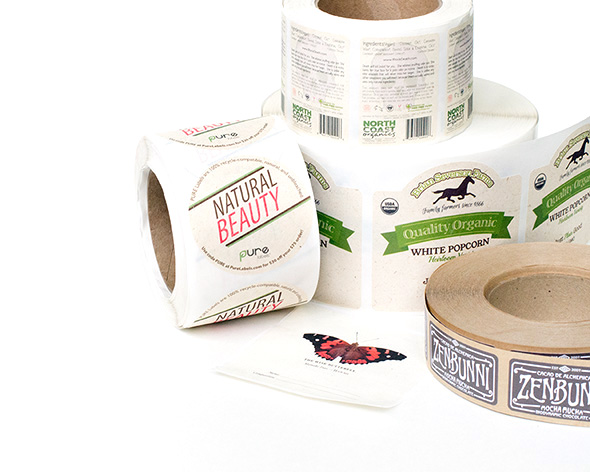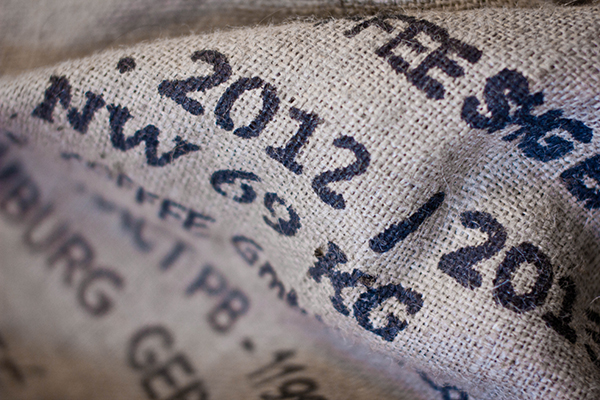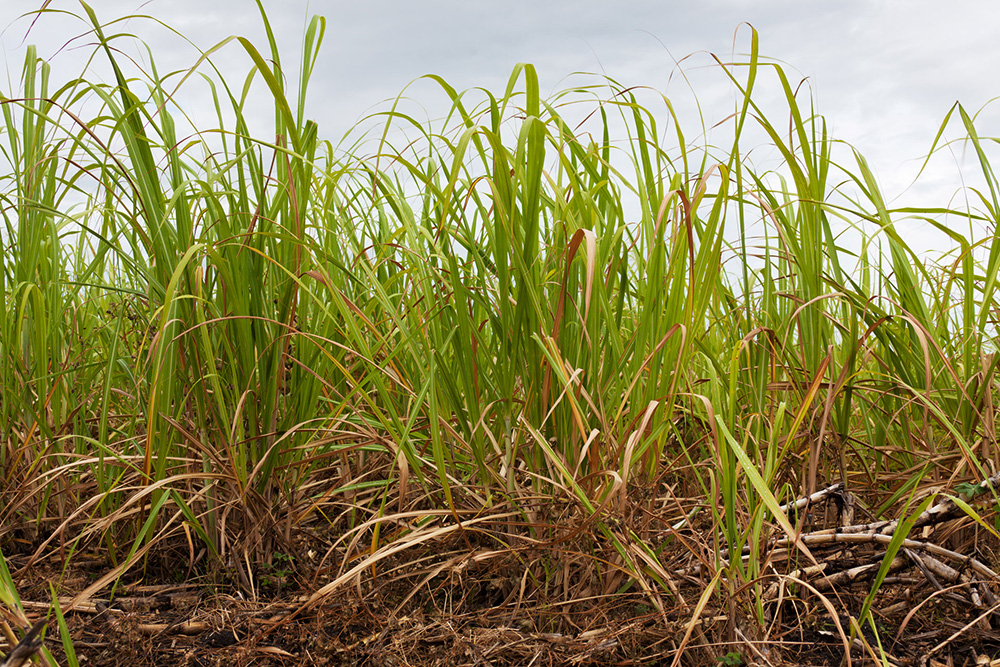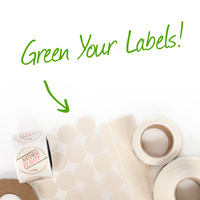Blog
Recent Posts
How Sustainable is it?
Posted by on

As environmental awareness grows, more and more consumers are calling for natural, sustainable, and eco-friendly products. Businesses and brands are taking notice. A number of consumer-focused companies are beginning to move towards using natural ingredients and implementing a more sustainable supply chain.
With the influx of eco-friendly products into the market, it can sometimes be difficult for the consumer to identify what exactly makes one product more sustainable than another. A brand can have natural-looking packaging and claim that their product is all-natural, but they may still be implementing wasteful processes in their supply chain. A product can be made with recycled materials but not actually be recyclable itself!
Similar confusion can be present when businesses are making choices about packaging their eco-friendly or organic products. Can we recycle this packaging? Is packaging made from recycled materials enough? How many times can paper be recycled anyway? Can we do better?

One recent example of recycled packaging materials are labels made with Kona Paper. Kona paper is a 100% recycled post-consumer waste product, made from a mixture of repurposed coffee bean bag fiber and other post-consumer waste material.
Kona paper has a natural look that makes a statement of environmental responsibility. Sounds pretty good so far! But let’s take a closer look:
While Kona labels have a natural look and texture, and the facestock is made from recycled material, the pressure sensitive adhesive (PSA) used on the labels is not recyclable! These adhesives break apart when recycled and can become deformed in the heat and pressure of the recycling process. This make it difficult for them to be screened out of the paper pulp, and can cause expensive damage to both the paper being made and the equipment itself.
What companies need in this situation is better sustainable packaging
Labels made with recycle-compatible adhesive (RCA) can be used as an alternative, such as PURE Labels custom printed 100% recycled labels with recycle-friendly adhesive. The adhesives on these labels have been engineered to separate from the pulp being recycled; they can be removed from the pulp easily and will not cause damage during the recycling process.

However, because paper can only be recycled a finite number of times, an even better sustainable option for labeling is PURE Labels 100% compostable labels. These labels feature natural sugarcane facestock and 100% compostable adhesives made with all natural raw materials and formulated to comply with international compost standard ASTM D6868, as well as compliance with BPI Certification for Biodegradability and Din Certco. Our compostable sugarcane labels are great in combination with compostable packaging! This way the entire packaging, along with label, can be composted.
As innovators in sustainable packaging and labels since 2000, at PURE Labels we're continuously improving and developing sustainable packaging solutions that will help our clients success in creating amazing natural, organic, eco-friendly, and sustainable products with packaging to match their values and brand ethos. We proudly serve our sustainably-conscious brand owners and together able to lead the packaging and labeling industry with best in class sustainable solutions.
Related Links:
Compostable Packaging Solutions for Entrepreneurs

Which Eco-Friendly Label is Right for Your Brand?
How do you choose the right sustainable adhesive label? Which is better, Sustainable or Eco-friendly labels? Should you use compostable labels or recycled labels? or, are you better off with recycle-compatible labels? Read on. We’ll demystify the terms related to sustainable and eco-friendly labels. Not too many years ago there were few green packaging choices, and [...]
 Loading... Please wait...
Loading... Please wait...

